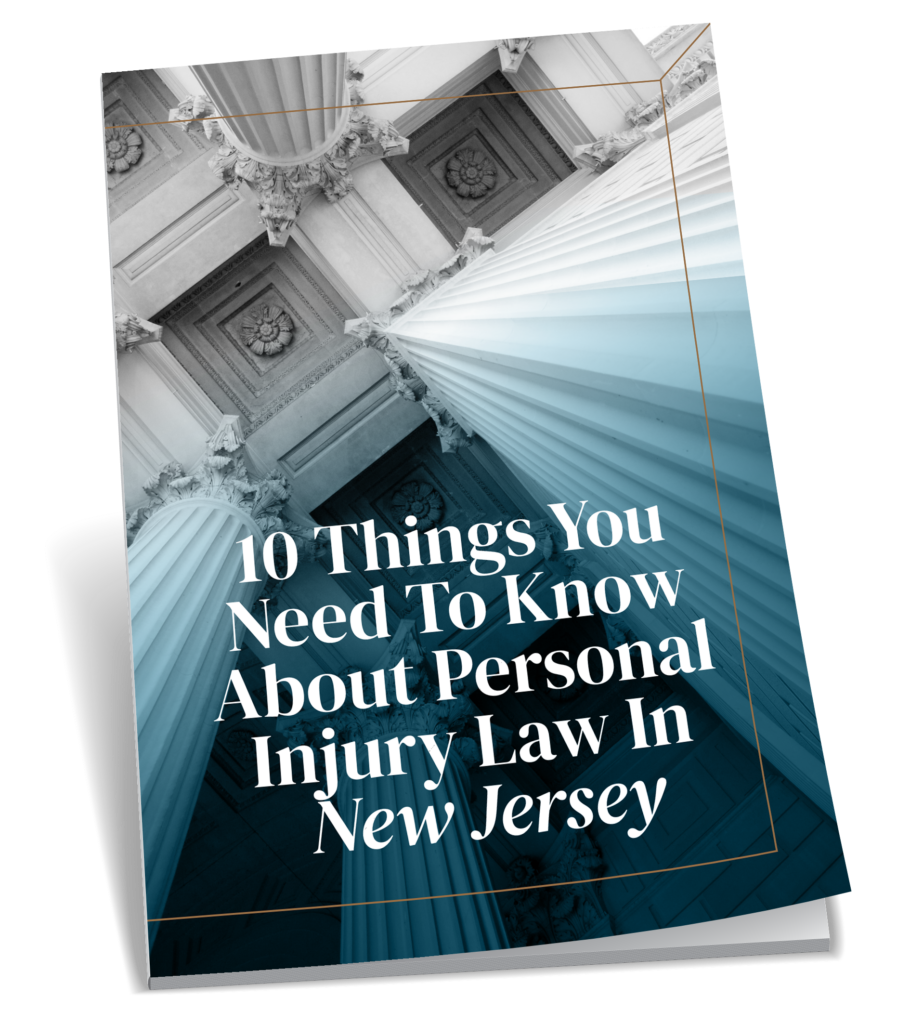There is a good deal of contention around Senate bill S-2380. The bill, S-2380, would assume that essential workers who contracted COVID-19 got the virus as part of the scope of their employment.
Advocates of the bill such as New Jersey Citizen Action (NJCA) applaud the bill which would allow essential workers to more easily apply for and receive workers' compensation benefits which include wage compensation and medical costs. Essential workers include health care workers and public safety employees such as police and firefighters. It also includes low income workers who may not currently have healthcare coverage. “We thank Senate President Sweeney and Senators Singer and Greenstein for championing S2380, which benefits and helps protect the workers who risk their lives daily to ensure essential services keep running for all New Jerseyans,” said NJCA Associate Director Dena Mottola Jaborska. “This legislation will ensure workers who contract COVID-19 while performing these essential duties will be properly compensated and encourage employers to take all necessary precautions to protect their employees from infection, including social distancing, sterilization, and the issuing of personal protective equipment. In addition to wage replacement, essential workers benefiting from workers' compensation would also be eligible for disability, death, and health care benefits if needed."
Opponents of the bill such as The National Federation of Independent Business (NFIB), who represents many small businesses in New Jersey, believe the bill would likely bankrupt the New Jersey Workers' Compensation fund. “This bill will overwhelm the workers’ compensation system and likely bankrupt it’s fund because it was never designed to handle a pandemic,” said State Director of NFIB in New Jersey, Eileen Kean. “Even though the legislation says premiums won’t increase for businesses, there is no mention in the bill about where the money will come from, and it won’t appear out of thin air. That’s why it is likely to fall on the backs of small businesses when they are struggling to come back economically.”
The Senate is holding a full vote shortly.

